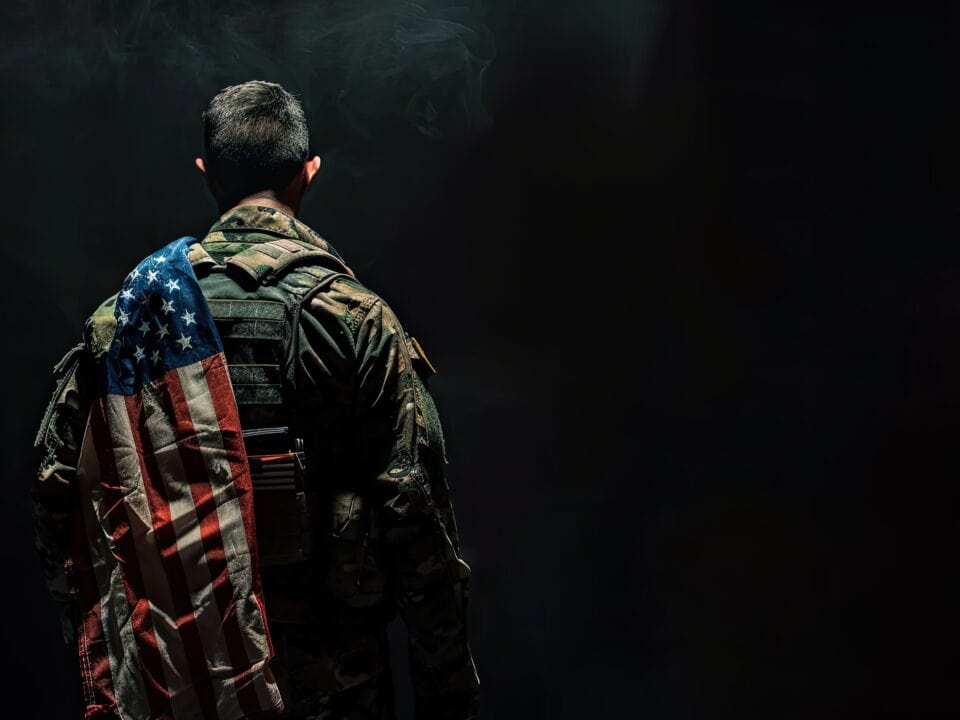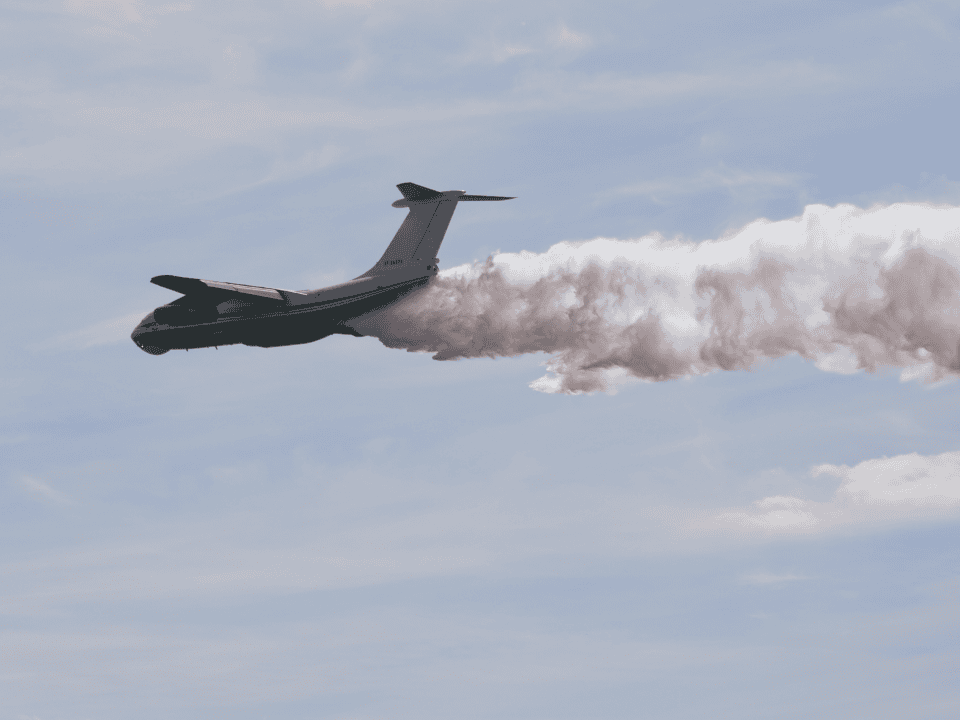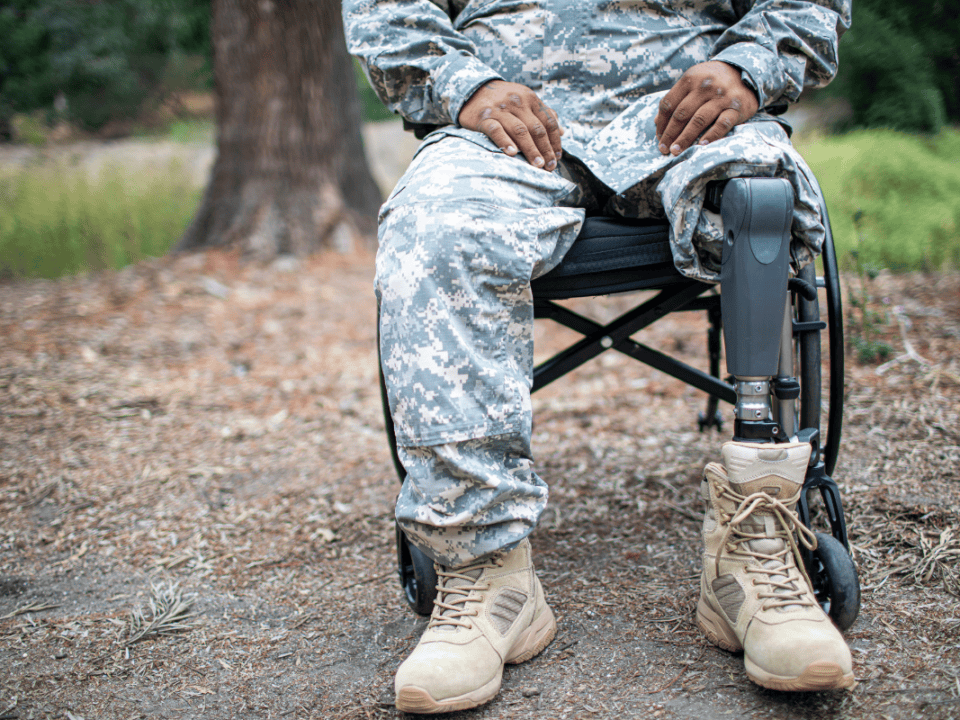If you, or someone you love, has developed cancer after being exposed to toxic firefighting foam, please call us right away.
In the 1960s, researchers for the U.S. Navy began testing a new form of firefighting foam that would extinguish flames quite rapidly. Just a decade later, in the 1970s, this type of foam was being used widely, across most military bases in the United States, as well as at a slew of airports, fire departments, and oil refineries. This foam, commonly known as Aqueous Film Forming Foam (AFFF) or perfluoroalkyl and polyfluoroalkyl substances (PFAS) was designed to put out burning jet fuel.
Today, researchers are more aware of the fact that these same chemicals have become a primary source of cancer for the people that have had prolonged exposure. Chemicals called per- and polyfluoroalkyl substances (PFAS) have been determined to increase a person’s ability to develop cancers such as bladder cancer, pancreatic cancer, and prostate cancer.
What you need to know about Firefighting Foam
While AFFF is considered highly effective, serious health risks — including potential firefighting foam cancer risk — have drawn increased scrutiny and an increase in AFFF lawsuits in recent years. The situation has gotten so bad that more than 180 countries have banned its production and use except in emergencies.
In 2018, a federal inquiry determined that PFAS are more dangerous than previously reported and prompted revised recommendations for safe levels of exposure to the compounds. Lawsuits have been filed against manufacturers of firefighting foam for failing to warn users that exposure to the chemicals contained in firefighting foam could lead to various cancers.
The Department of Defense identified over 400 military sites that are potentially contaminated with the toxic compounds contained in firefighting foam.
The list included over 90 military sites that reported either on-base or off-base drinking water or groundwater contamination where the levels tested above the EPA’s acceptable levels of PFOS or PFOAs. Here is a complete listing of all bases and BRAC bases affected, including those overseas.
Firefighting foam cancers potentially caused by PFAS chemicals in AFFF include:
- Kidney cancer
- Testicular cancer
- Non-Hodgkin’s lymphoma
- Other lymphomas
- Prostate cancer
- Pancreatic cancer
- Breast cancer
- Bladder cancer
- Leukemia
- Liver cancer
- Ovarian cancer
Other cancers may be caused by firefighting foam, as well.
The potential cancer risks associated with AFFF foams are not limited to firefighters, airport workers or military personnel property owners and communities adjacent to airports and military bases where PFAS-based AFFF is used are also at risk.
A report in Chemical & Engineering News found that “Airports and military bases use large amounts of firefighting foams for training purposes, and in some cases, the per-fluorinated surfactants have slipped into groundwater and surface water supplies,” potentially endangering surrounding communities.
AFFF runoff can contaminate well water and public drinking water and potentially cause cancer in people exposed to these firefighting foam chemicals.
Have you been diagnosed with cancer potentially caused by AFFF fire fighting foam?
Firefighters, airport workers and property owners who have been exposed to AFFF or PFAS-contaminated water and diagnosed with cancer deserve justice.
If you’ve been exposed to firefighting foam and diagnosed with kidney cancer, testicular cancer or another form of cancer, you may be eligible for an AFFF cancer lawsuit.
What can veterans do if they were exposed to fire fighting foam?
If you are a military veteran who has experienced one of the conditions below and feel you were exposed to contaminated groundwater at one of the military bases listed on the Pentagon’s report, you may be eligible for compensation from the VA.
Veterans may file a claim for disability compensation for health problems they believe are related to exposure to chemicals during military service. VA decides these claims on a case-by-case basis.
We can help you recover benefits for your injuries.
Disability benefits are essential to help disabled veterans take care of themselves and their families, especially if they are unable to work. Yet, the VA often finds many reasons to deny benefits to injured veterans.
Our SC Vet Advocates team is made up of attorneys who have served in the military, so we understand the ways that military life is truly unique. We would be happy to sit down with you and discuss your situation and help you decide on what steps you may need to take next to get the help you need and deserve.
Fill out our online form to request a consultation with the Bluestein’s Veteran Disability team.





